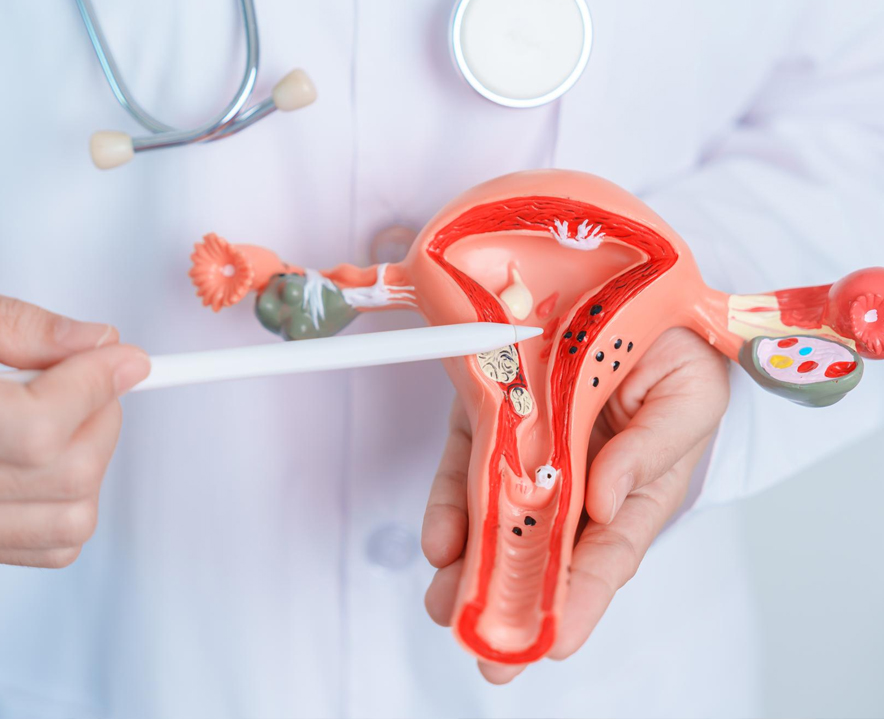Have you been thinking about the complexities of
female urological health?
Urology for women is an essential topic that specializes in the treatment of urinary and reproductive health disorders unique to female physical anatomy, such as urinary incontinence and pelvic organ prolapse. Despite being overshadowed by its role in men’s health, urology is critical for women’s well-being. This blog covers common urological difficulties that women experience, stresses the importance of timely medical intervention, and covers preventive strategies for maximum urological health.
Addressing female urology issues
The study and treatment of the urinary tract and reproductive organs is called urology. Although the area has traditionally been dominated by men, women’s urological problems can have a substantial influence on their quality of life. Urinary incontinence, urinary tract infections (UTIs), pelvic organ prolapse, and interstitial cystitis are among the problems.
- Urinary incontinence: Urinary incontinence, or an unintentional leak of pee, is a common problem among women, especially as they get older. Factors like pregnancy, childbirth, and hormonal changes during menopause can all contribute to the weakening of pelvic floor muscles, leading to incontinence.
- UTI: Urinary tract infections, which cause discomfort, are frequent in women. Proper hygiene, water, and prompt medical attention are critical. Completing antibiotic regimens and consulting a urologist can help avoid recurrence and problems.
- Interstitial Cystitis: Interstitial cystitis, also known as painful bladder syndrome, is a chronic condition causing bladder pain that urologists can manage through lifestyle changes, medications, and targeted therapies.
- Pelvic organ prolapse: Pelvic organ prolapse, which is caused by situations such as childbirth, obesity, and aging, causes weakening pelvic organs to fall into the vaginal canal, necessitating therapies such as exercises for the pelvic floor.
Preventive measures for women’s urological problems
- Take the oath to maintain your hygiene.
- Maintain Hydration
- Regular Exercises for the Pelvic Floor:
- Regular medical check-up
Epilogue: We can ensure that women receive the required treatment by breaking the silence and encouraging open conversations. female urological health is more than simply a medical specialization; it is a commitment to comfort, and a life free of urological limits.








